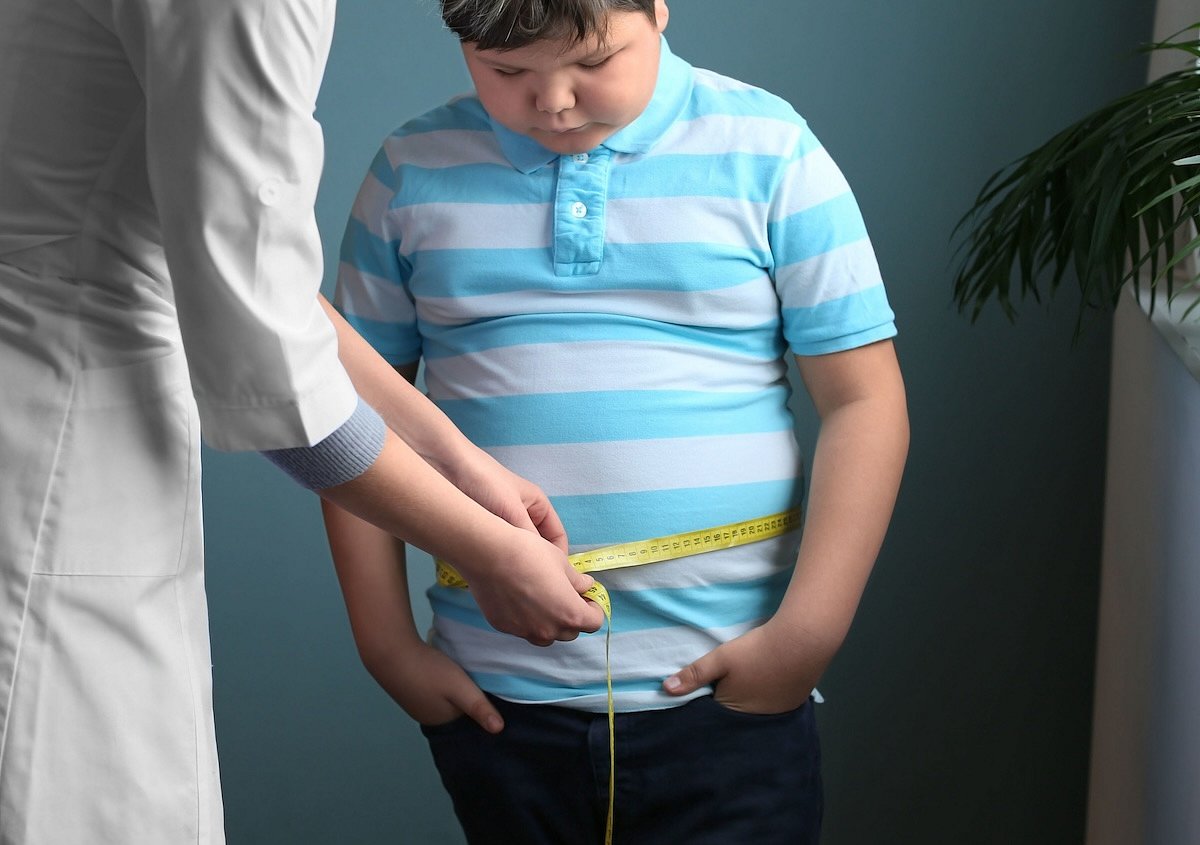Patient Resources
Get Healthy!
Weight-Loss Pill Saxenda Helps Kids as Young as 6
- September 11, 2024
- Robin Foster
- HealthDay Reporter

The weight-loss drug liraglutide helped obese children lower their BMI and reach a healthier weight, researchers report.
The findings, published Tuesday in the New England Journal of Medicine and presented simultaneously at the European Association for the Study of Diabetes annual meeting in Madrid, are the first to demonstrate the effects of liraglutide (Saxenda) on children ages 6 to 11.
“The results of this study offer considerable promise to children living with obesity," study author Dr. Claudia Fox, co-director of the Center for Pediatric Obesity Medicine at the University of Minnesota, said in a meeting news release. “To date, children have had virtually no options for treating obesity. They have been told to ‘try harder’ with diet and exercise. Now, with the possibility of a medication that addresses the underlying physiology of obesity, there is hope that children living with obesity can live healthier, more productive lives.”
Most adults and children 12 and older can take newer weight-loss medicines like the GLP-1 drugs Wegovy and Zepbound, experts say, but younger children must rely on diet, exercise and counseling alone to lose weight.
"Obesity is the most common chronic disease of childhood," Fox noted. "Left untreated, obesity in childhood almost universally persists into adulthood and is associated with significant ill health, including diabetes and cardiovascular disease, and for some, premature death. Early intervention is therefore critical."
“However, effective treatment options to date are limited," she added. "The backbone of obesity treatment is lifestyle therapy -- changes in diet and physical activity -- but when used alone, the effect is modest and, as yet, no medication is approved for the treatment of general obesity in children who are younger than 12."
Liraglutide was first approved by the U.S. Food and Drug Administration in 2014 to help adults lose weight. In 2020, that approval was extended to those aged 12 to 17.
In the latest study, the researchers looked at the drug's effects on children between the ages of 6 and 11 who had what’s considered to be a high BMI. The average 10-year-old in the study weighed about 155 pounds.
Among 82 children, 56 got a daily injection of liraglutide, while the rest got a placebo. All of the children also got counseling to encourage a healthier diet and exercise of moderate to high intensity for at least an hour a day.
What happened? In just over a year, the BMIs of the children who got liraglutide fell 7.4 percentage points more than those in the placebo group. Children in the liraglutide group had a 5.8% drop in BMI, while those in the placebo group had a 1.6% increase.
“Although there is no consensus on the definition of a clinically meaningful BMI reduction in children, a 5% reduction has previously been shown to be associated with improvement in some obesity-related health conditions," Fox noted.
Liraglutide was considered safe for the young children in the study, which was funded by drug maker Novo Nordisk, but children in both groups did suffer some side effects.
Stomach problems like nausea, diarrhea and vomiting were more common in the liraglutide group, but Fox said very few children dropped out of the study because of the side effects. Stomach problems tended to ease over time, she added.
However, as has been seen with other weight-loss drugs, when the children stopped using the medication, their BMI crept up again.
Weight-loss experts said the findings suggest doctors should give liraglutide a try with their youngest patients.
“Because treating children and adolescents living with obesity has the potential to have longer-lasting health benefits, although these medications are currently costly, their value for reducing risk of conditions associated with obesity and improving longer-term health must be considered,” Dr. Nerys Astbury, an associate professor of diet and obesity at the Nuffield Department of Primary Health Care Sciences at the University of Oxford in England, told the Science Media Centre.
But another expert pointed out an important caveat.
“Developing anti-obesity medication for use in children is complicated by the fact that children are actively growing, and therefore there is a possibility for greater risk, particularly with regards to appetite suppression, since such medications have the potential to stunt growth," Simon Cork, a senior lecturer in physiology at Anglia Ruskin University in England, told the media center.
“Nevertheless, we know that people who experience obesity as a child are much more likely to be obese in adulthood, and experience the associated negative health outcomes that come with it," Cork added. "Therefore, the evidence that liraglutide is both safe and effective in children is positive. However, further studies over longer time periods will need to be undertaken to ensure that appetite suppression in these children does not have unforeseen negative consequences later in their development.”
More information
The CDC has more on childhood obesity.
SOURCES: New England Journal of Medicine, Sept. 10, 2024; European Association for the Study of Diabetes, news release, Sept. 10, 2024

